February 29, 2024
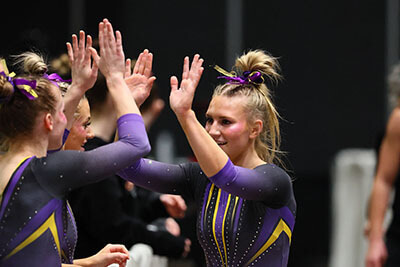
from Dr. Bill Hudson, head of school
If you are active on Facebook and Instagram, you have probably seen the news that Delaney Cunnington was the state champion in gymnastics. Congratulations, Delaney! We are incredibly proud of you. Delaney’s success is a testament to her dedication and hard work, as she has spent countless hours practicing and demonstrating exceptional discipline.
You may be surprised to learn that MPA has a gymnastics team. We are fortunate to have established a cooperative agreement with Cretin-Derham Hall and Minnehaha Academy, allowing the three schools to field a gymnastics team. Cooperative teams are becoming more common and enable schools to offer sports that they might not be able to sustain individually. At MPA, students benefit from several cooperative agreements designed to provide opportunities for athletic competition while still benefiting from our rigorous college preparatory curriculum. MPA has 20 cooperative teams, including hockey, golf, and more.
MPA is proud to offer 43 competitive sports for grades 5-12, a significant number for a school of our size. Most schools our size offer 12-15 athletic programs. Programs such as tennis, golf, alpine, nordic, gymnastics, and lacrosse are programs that other schools do not offer. Our athletes and teams have achieved 11 team state championships and 27 individual state championships. Furthermore, 69% of Upper School students participate in sports.
While larger schools may have a larger pool of student-athletes and more competitive teams, there are advantages to being a small school. Regardless of the school’s size, only five players start in basketball and 11 in soccer. At MPA, student-athletes are more likely to have playing time, participate in practice, and have fun, all contributing to a fulfilling athletic experience.
A key aspect of the MPA athletic program is our no-cut policy, which allows all students to participate in a sport, no matter their ability. While this policy does not guarantee equal playing time, especially at the varsity level, it does provide opportunities for students to enjoy the sport, develop their skills, and be part of a team. Our no-cut policy promotes inclusion and sportsmanship and creates lasting memories for our students.
Read More
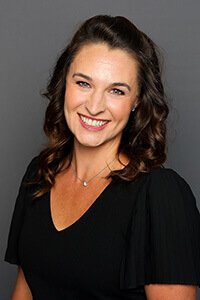 Hannah Smith is the assistant director of admission (Lower School) at MPA, and a parent of two MPA Lower School students and one MPA Middle School student. Continue reading to get to know Hannah and contact her to learn more about Lower School at MPA!
Hannah Smith is the assistant director of admission (Lower School) at MPA, and a parent of two MPA Lower School students and one MPA Middle School student. Continue reading to get to know Hannah and contact her to learn more about Lower School at MPA!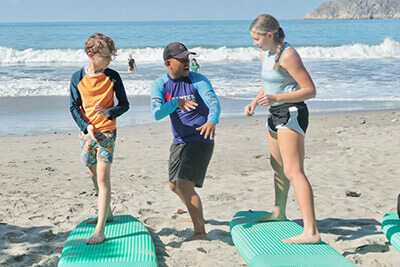 This message is from MPA’s Office of Admission from the March 10, 2024 issue of InsideMPA. Click here to get in touch with Admission and learn more!
This message is from MPA’s Office of Admission from the March 10, 2024 issue of InsideMPA. Click here to get in touch with Admission and learn more!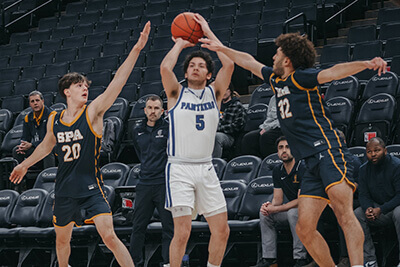 Micah Hudock ’24 wasn’t sure if he would end up becoming the MPA all-time leading scorer in boys history. After missing time due to injuries, the senior needed to make the most of his opportunities on the court.
Micah Hudock ’24 wasn’t sure if he would end up becoming the MPA all-time leading scorer in boys history. After missing time due to injuries, the senior needed to make the most of his opportunities on the court. from Jennifer Le Varge, Lower School director
from Jennifer Le Varge, Lower School director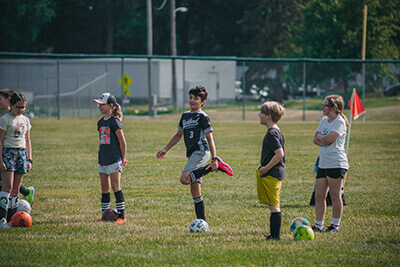 Registration is open for our annual Summer Panther Sports Camps with Volleyball Camps coming soon!
Registration is open for our annual Summer Panther Sports Camps with Volleyball Camps coming soon!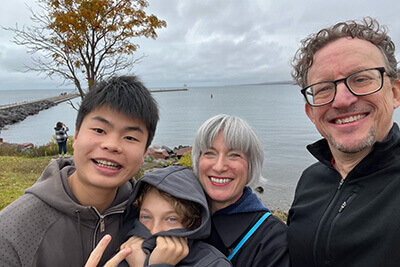 We are so fortunate to welcome international students from around the world to MPA through our International Student Program. A $10,000 per student stipend is paid to host families to cover the cost of room, board, and transportation from August to June. Typically, families host for at least one full year and sometimes for a student’s entire MPA experience. As you warmly welcome this student into your home, you will gain a first-hand understanding of another culture, a lifelong relationship with your students, and so much more.
We are so fortunate to welcome international students from around the world to MPA through our International Student Program. A $10,000 per student stipend is paid to host families to cover the cost of room, board, and transportation from August to June. Typically, families host for at least one full year and sometimes for a student’s entire MPA experience. As you warmly welcome this student into your home, you will gain a first-hand understanding of another culture, a lifelong relationship with your students, and so much more.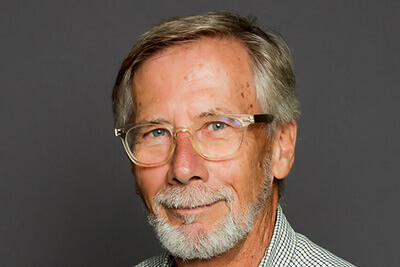 Save The Date: Retirement Celebration, May 30
Save The Date: Retirement Celebration, May 30










